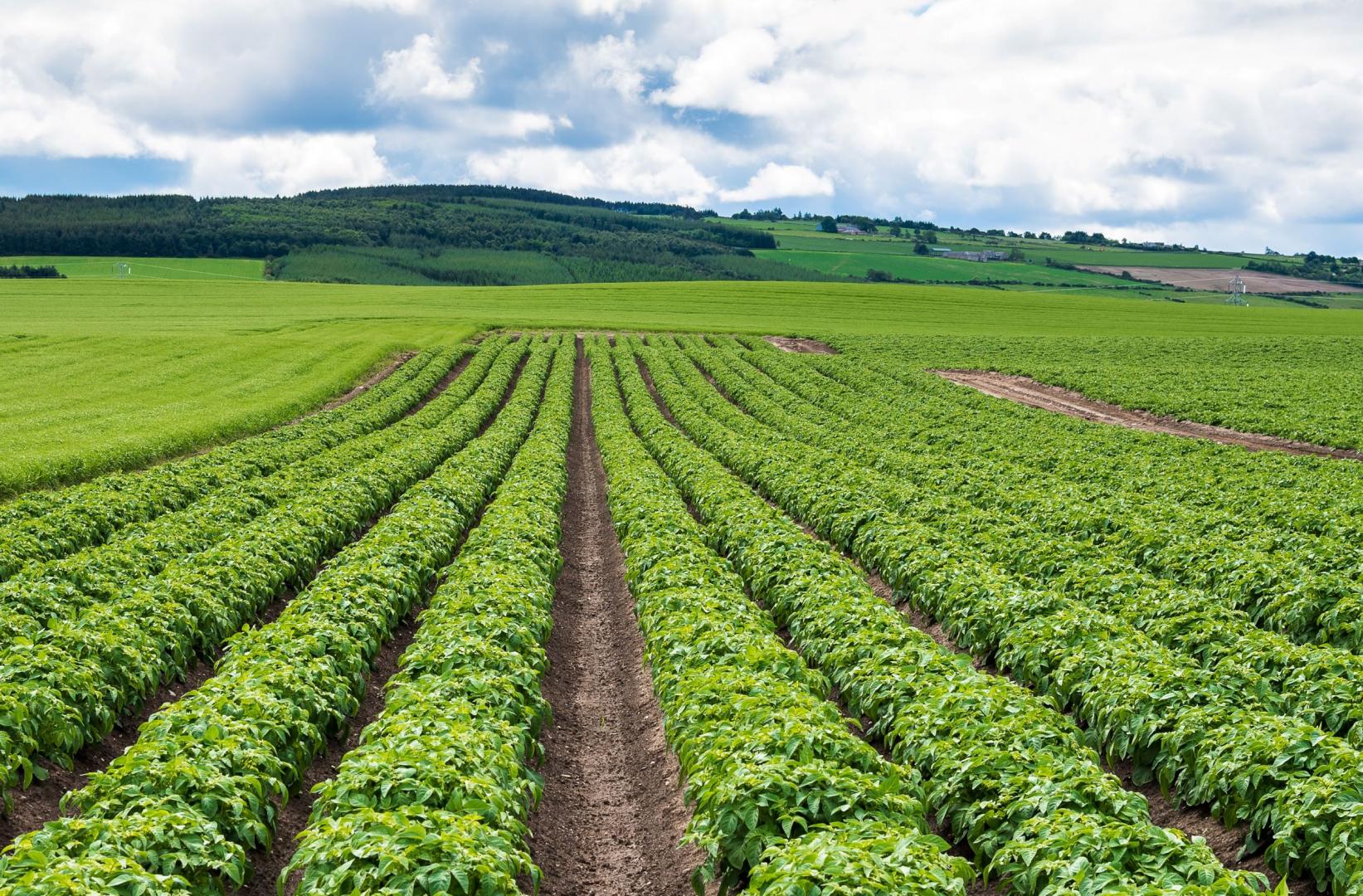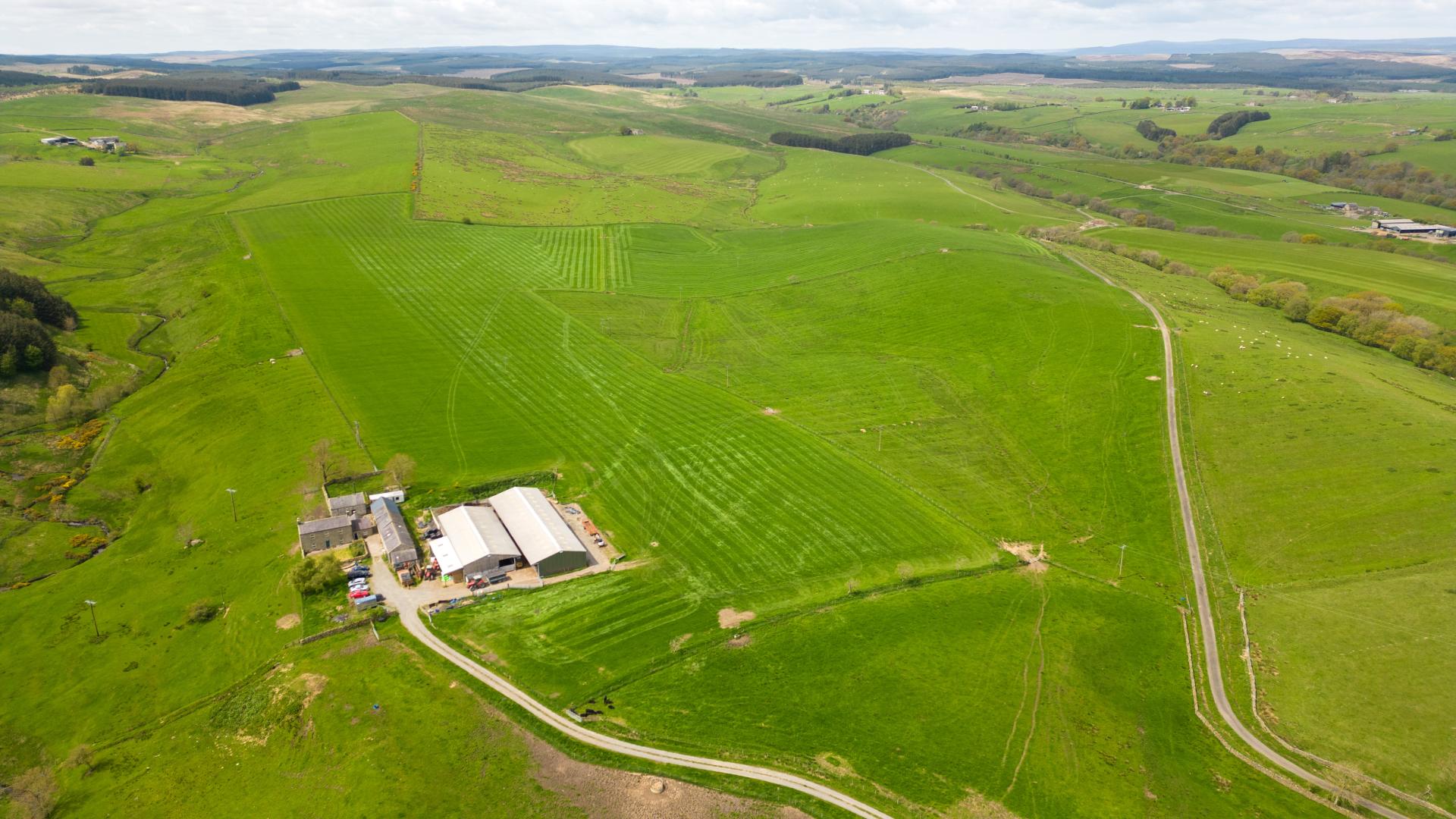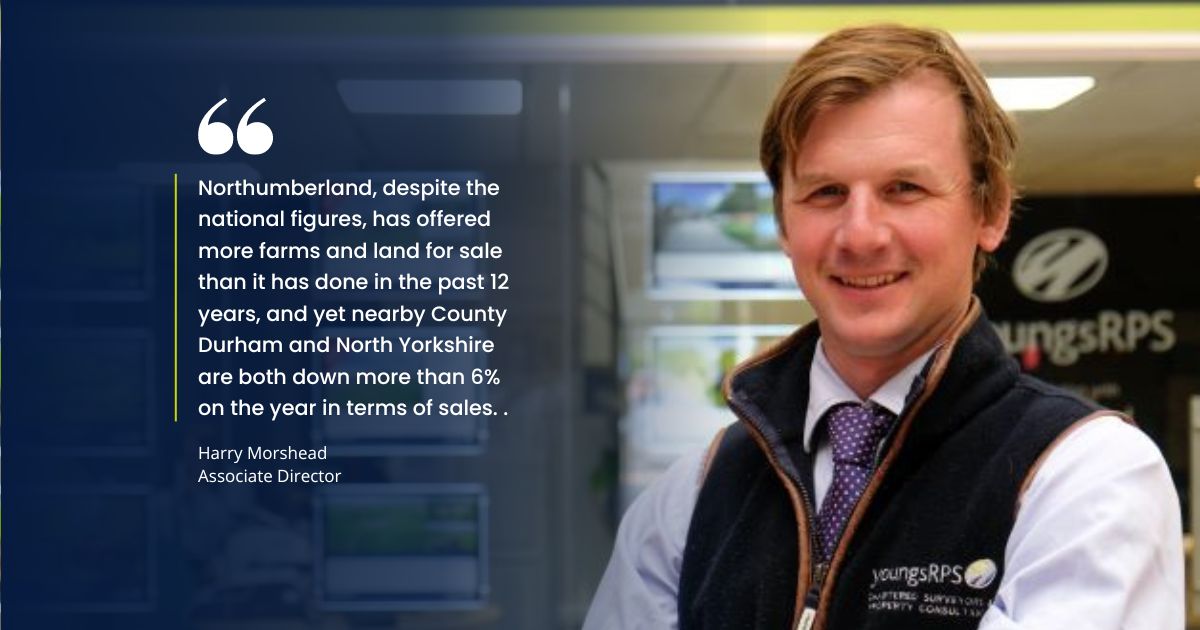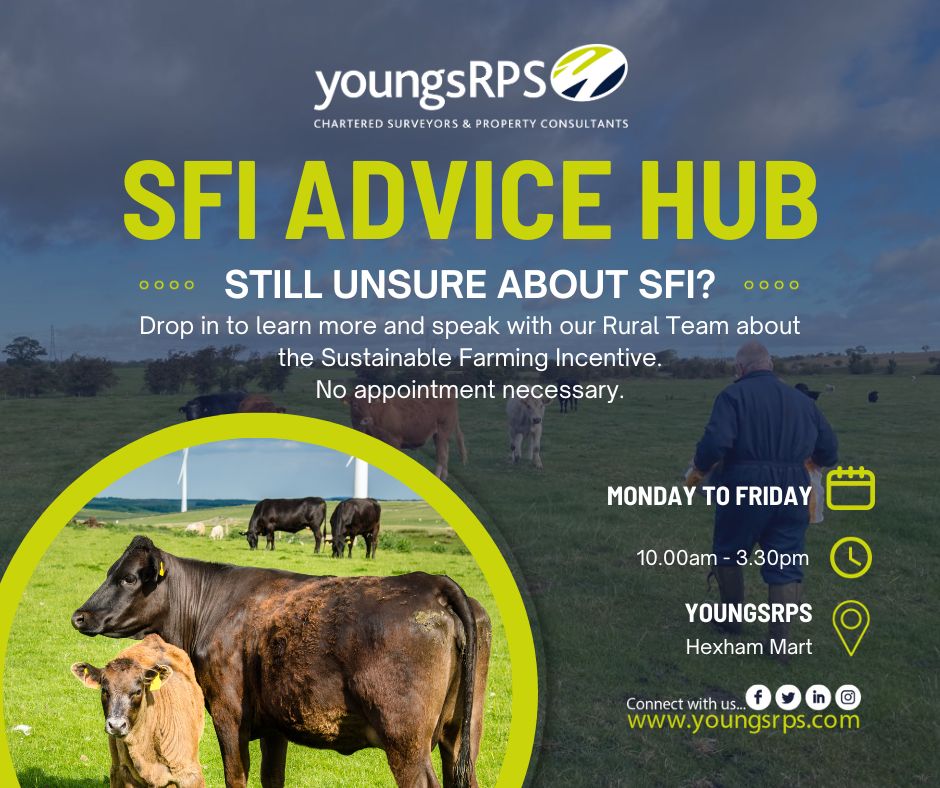Further to his previous article, published back in March, Harry Morshead gives us an update on the changing Government policies that could put a hold on natural capital focus to ensure domestic food production is paramount.
The UK's new food strategy white paper, published by the Department for Environment, Food and Rural Affairs (Defra) last week, sets out measures to ensure the world's most precious natural resources are used sustainably to produce high-quality, nutritious food. The Strategy also reiterates a commitment to publish a land-use framework by 2023 to ensure that agriculture and food production are aligned to the net-zero target and biodiversity targets listed under the Environment Act. The strategy is part of the Government's 25 Year environment plan for a greener future.
The eagerly awaited Food Strategy promises "longer-term measures to support a resilient, healthier, and more sustainable food system that is affordable to all” but neglects to explain, in any great detail, how this will be achieved. UK agricultural luminaries have long voiced their concerns regarding the decline of domestic food production and the problems that would arise should trade routes close, something we have seen first-hand since Brexit and the outbreak of war in Ukraine.
UK agri-food and seafood sectors create over £120 billion of value for the economy every year and employ over 4 million people, making this the UK’s largest manufacturing industry, bigger than the aerospace and automotive industries combined. Statistics show that, according to data published by gov.uk, 46% of the food the UK consumed was imported in 2020, with food exports almost doubling over the past 20 years to £22bn a year*, something of a vicious circle that has no logical validity.
The ongoing cost-of-living crisis for UK residents, driven by energy prices, does not look set to roll back anytime soon and as predicted back in March, "Food security should be the paramount objective for the country in terms of land use, worryingly it isn’t at present. The scarcity of food created by the non-productive agenda, will only exasperate the shortages and prices we are currently seeing, and which will only get worse."
The new food strategy will be interesting and worth watching. “Slashing” rewilding payments, just as we get our heads around the cessation of BPA, are the Govt. now heading back to productivity-based payments or at least some sort of happy medium?
I think we all predicted this but realization maybe quicker than initially thought.
About Harry Morshead
Harry has been with youngsRPS since 2013, coming straight into the firm after a six-year stint working on the family farm at Langley near Haydon Bridge. Prior to youngsRPS, Harry completed his master’s degree in politics, graduating from Edinburgh University in 2007. While working at youngsRPS, Harry has completed a post graduate master’s degree in Rural Enterprise and Land Management at Harper Adams. Harry qualified as a Rural Chartered Surveyor in April 2016. In his spare time Harry manages and runs his own livestock farm. The farm is an upland farm and currently carries 250 breeding ewes.
About youngsRPS
youngsRPS is an independent firm of chartered surveyors, land and estate agents, planning consultants, and commercial surveyors operating throughout the UK, but principally within the North of England and Scotland. The origins of the business go back over nearly 140 years; in 2012 Youngs Chartered Surveyors merged with Rural Property Services, creating youngsRPS and in autumn 2017 Stanton Mortimer, an established firm of chartered surveyors, became part of the youngsRPS group. https://www.youngsrps.com/

 By
By 




Share this with
Email
Facebook
Messenger
Twitter
Pinterest
LinkedIn
Copy this link